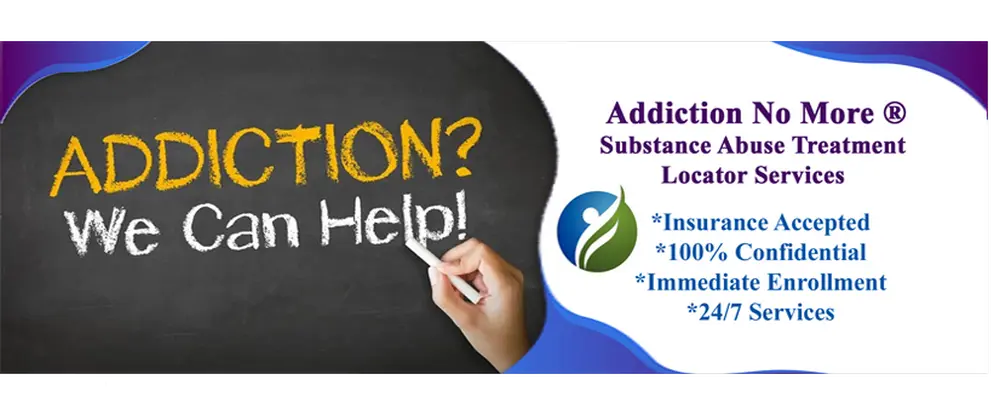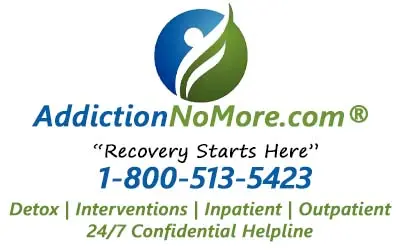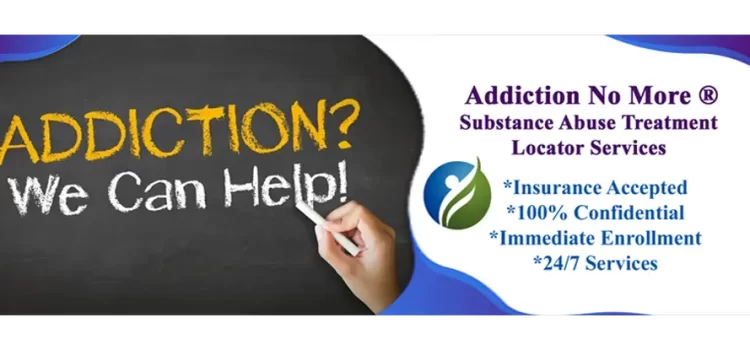Outpatient Treatment Centers for Alcohol and Drug Addiction
Outpatient rehab centers offer treatment for substance abusers who cannot take time away from their busy schedules for treatment. Often, outpatient rehab is used as the first defense against a developing addiction. Outpatient treatment is used to define treatment options that can vary from going to 12-step meetings to partial hospitalization treatment programs. Please contact us by phone for immediate assistance. This is a necessary step in beginning the recovery process for yourself or a loved one. Our addiction treatment specialists and staff have over 25 years of experience in helping people find effective and affordable treatment for all addictions. What you tell us is completely confidential. We are HIPAA compliant. We are here to answer your questions and to get you (or a loved one) into treatment today. For immediate intake, call us now.
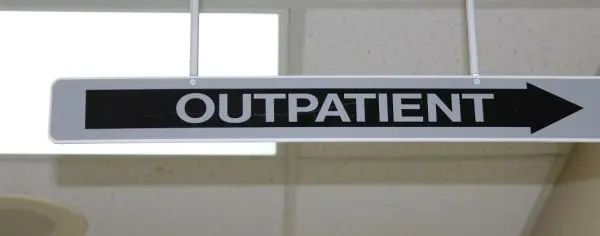
What is an outpatient program?
Outpatient treatment for addiction uses a variety of counseling and therapeutic techniques, skills training, and education to address the specific needs of people who are addicted to drugs or alcohol. Outpatient treatment centers offer a wide variety of treatment options while allowing the client to go home at night or to a sober living facility during the duration of the treatment process. O
utpatient therapy programs include individual therapy, group therapy, and family therapy. This is a unique benefit to mental health outpatient programs, giving the patient more control over their treatment. Outpatient treatment can be considerably less expensive than an
inpatient drug rehab center.
There are a few things to consider when looking for an outpatient treatment program:*Location of the program
*What types of treatment are available
*Schedule of the program
Before making a decision about what types of programs will best work for you, it is a good idea to be informed about the different styles of treatment and programs there are to choose from, such as how much it costs, the location of the treatment program, and treatment options for outpatient rehabs. We can answer any questions you may have. Call us today.

Types of treatment at outpatient programs
Although there are many outpatient programs to choose from, there are programs that work better for different types of addiction and, depending on the level of addiction, will warrant different types of programs.
IOP ( Intensive Outpatient Program): Intensive outpatient treatment centers offer treatment for at least 2 hours a day and 3 days a week, up to 8 hours of treatment 6 days a week. Intensive outpatient treatment can be coupled with sober living for those who cannot afford to enter an inpatient treatment center. Most intensive outpatient programs focus mainly on relapse prevention to help ensure that the client doesn’t have a ‘fallback episode’ during the treatment process. The treatment schedule is varied so that the client can continue their daily work or school schedules.
Partial hospitalization treatment centers: This type of treatment program was originally designed for patients who would require more medical intervention and ongoing medical supervision during the outpatient treatment program. Requiring that the client stays in a sober living environment with full-time supervision during the program and usually meetings in offices daily or in a hospital setting 3-6 days a week for up to 8 hours a day. Partial hospitalization treatment centers are usually less expensive than an inpatient treatment program but require the same type of housing commitment while undergoing treatment.
Group therapy and counseling: In the early stages of recovery, group therapy is usually combined with other types of therapies to help balance treatment and allow for interaction and support from others going through the same addiction treatment. Usually consisting of 12-step meetings or AA/NA programs, group therapy gives the individual more support at the time when they need it the most. Counseling sessions are scheduled 1- 3 times a week, usually for an hour a day, to ensure that the client experiences minimal disruption in their work or school schedules.
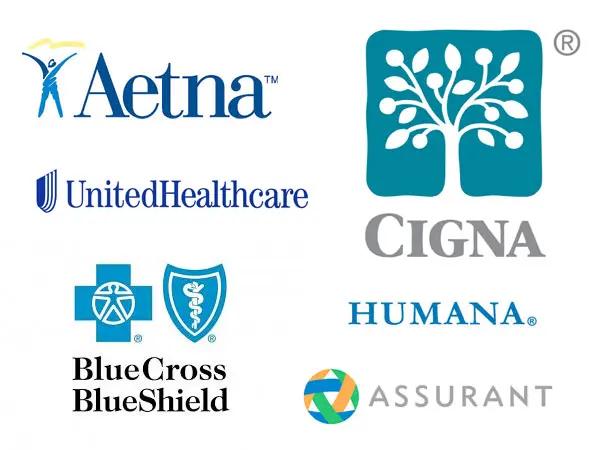
Will my insurance cover the outpatient treatment program?
Substance use disorder (SUD), alcohol overuse disorder (AOD), mental health services, and other addiction treatments are covered by most HMO plans. You may find that restrictions do exist, and getting service may be difficult. You may need to convince your primary care physician that treatment at an inpatient drug rehab is necessary if you have HMO insurance. There may be limitations as to what your plan may cover, including out-of-network care. Some insurance companies may want a review of the health care recommendations made by your primary care physician to ensure treatment is needed. When using HMO insurance for substance abuse treatment, you may be assigned a primary doctor to oversee your treatment at one of the in-network facilities that you have chosen. Different
insurance companies have their own specific rules for addiction treatment, but most follow a simple checklist to determine whether treatment is necessary and what level of care they feel is necessary to handle the addiction problem.
Depending on the recommendation from your doctor, our counselors will determine the level of care that your insurance plan will cover. The choices may depend on how severe they feel the addiction problem is and will also take into account:
*Your mental stability or health
*Medical history
*Family support
*Living situation
*Type of drugs being abused
We can help you get your insurance verified today.

How do I know if inpatient or outpatient services are best for me?
Outpatient offers much more freedom and flexibility for your daily schedule than an inpatient recovery environment. Services usually will cost less than inpatient treatment, but you will also receive less intensive support and no round-the-clock supervision. Inpatient and outpatient programs use the same treatment techniques and therapy models. Most people use the 12-step model, group therapy, and AA or NA for after-care support. To ensure a well-rounded program, the treatment program should include one-on-one therapy, group therapy, addiction education, medical care, and family therapy. In order for an outpatient drug rehab program to work, you need to make sure that you follow through with all appointments and counseling sessions. Making sure that you have support from family and friends, a stable clean place to live, and transportation to and from the counseling sessions will help you succeed in treatment.

How We Can Help
Whether you choose an inpatient program for addiction or outpatient drug rehab, getting treatment for addiction is always a good idea. A step in the right direction is still a step, and sometimes, the first step can lead to a new path. If you need help locating an appropriate program for yourself or a loved one, feel free to give us a call now. We can help you determine if an outpatient treatment center is the right choice. Our counselors are here to help you find the best outpatient rehab center today. Addiction No More is an Addiction Treatment Center locator service. For immediate service, please call one of our counselors now.

Our certified addiction specialists are here to answer any questions that you may have. Please call us toll-free today. We are here for you 24 hours a day, 7 days a week.
Sources
SAMHSASpecialized Treatment ServicesTypes of TreatmentErik Epp – Content Author
Summary
Service Type
Outpatient Drug Rehab Centers
Area
Nationwide help in locating day treatment and out patient drug treatment centers.
DescriptionLearn the difference between inpatient drug addiction treatment and out patient drug rehab and how we can help you enter into either an inpatient drug rehab facility in your state, or we can help you find an outpatient day treatment center in your city.






